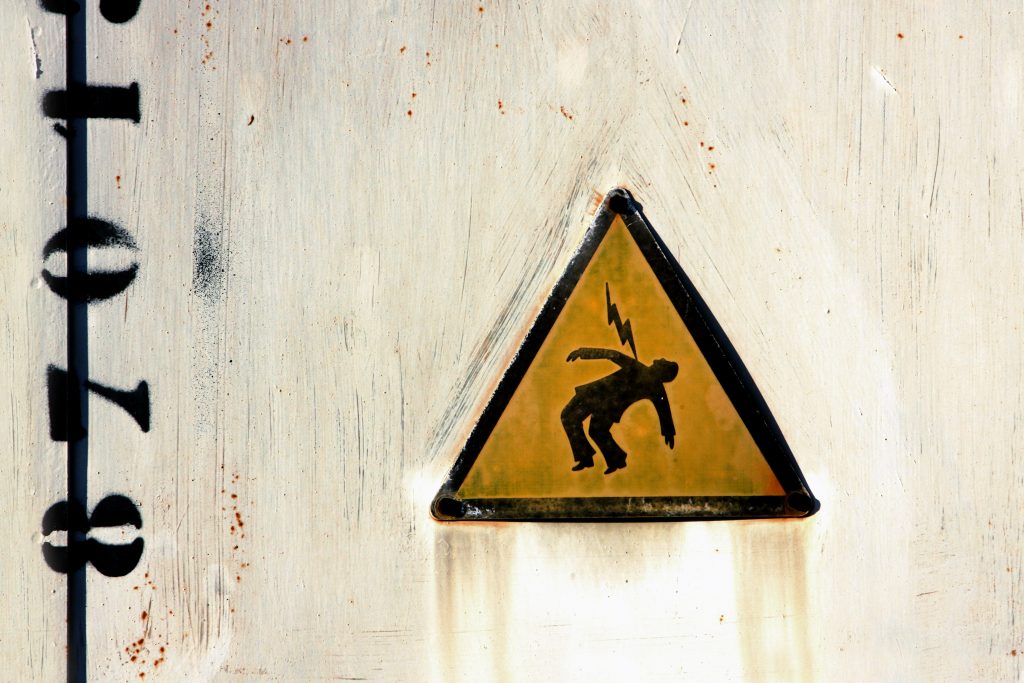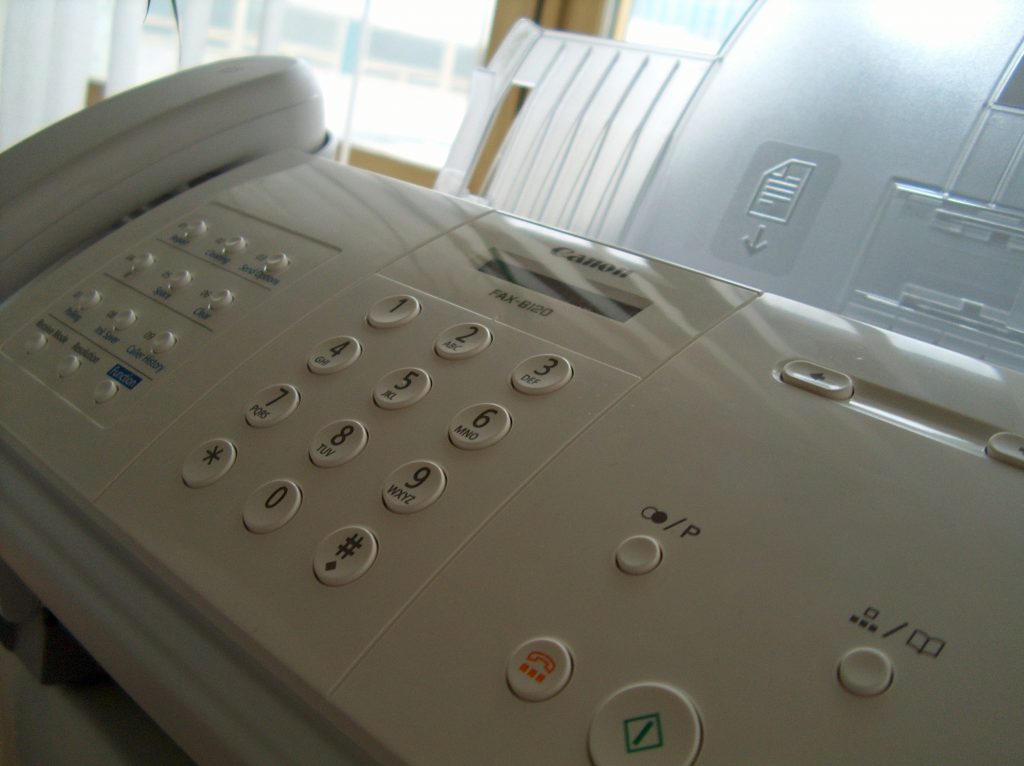 In executing the terms of a construction contract, a builder and its subcontractors may not perform their duties as mandated under the terms of the contract. If a builder fails to perform its duties, then a property owner may file a claim for breach of contract and damages against the builder for defects in performance. However, the property owner’s ability to bring a claim against the builder is limited to a specific period of time prescribed by state law. The state legislature has the ability to pass laws that change the period of time in which a property owner can bring a claim against the builder for defects in performance; and in 2003, the Louisiana Legislature exercised this power to make changes in the law barring this type of claim, reducing the period from seven to five years.
In executing the terms of a construction contract, a builder and its subcontractors may not perform their duties as mandated under the terms of the contract. If a builder fails to perform its duties, then a property owner may file a claim for breach of contract and damages against the builder for defects in performance. However, the property owner’s ability to bring a claim against the builder is limited to a specific period of time prescribed by state law. The state legislature has the ability to pass laws that change the period of time in which a property owner can bring a claim against the builder for defects in performance; and in 2003, the Louisiana Legislature exercised this power to make changes in the law barring this type of claim, reducing the period from seven to five years.
When changes to the law have occurred, parties to a lawsuit may dispute which law is controlling in their claim. A recent example of litigation concerning changes in law occurred in Lafayette, Louisiana. In 2002, a property owner, Crescent City Property Partners, LLC (hereinafter “Crescent”), and a builder, Greystar Development and Construction, LP (hereinafter “Greystar”), entered into a contract for the construction of a mixed-use development in Lafayette, Louisiana. This development was completed in phases with construction of the multiple buildings being completed a year after the parties entered into the contract. Five years later, Crescent filed an arbitration claim under the terms of the construction contract, alleging defects in the builder’s performance, against Greystar and its insurer. In response, Greystar filed a third party demand against various subcontractors.
At the time the construction on the mixed-use development was completed there was a seven-year period of peremption for construction claims; however, only a month after completing the project, the legislature amended the law to provide for a five-year period of peremption. On July 11, 2011, shortly before the parties were scheduled to arbitrate the matter, the Supreme Court of Louisiana decided Ebinger v. Venus Construction Corp., discussing the retroactivity of the 2003 amendment.
 There are rules involved in the evidence that a court can allow into a case, even when the case revolves around something as small as a bed bug. If a party believes that the rules have been violated, they can appeal the case and have a higher court review the evidence to make sure nothing inappropriate had an effect on the case.
There are rules involved in the evidence that a court can allow into a case, even when the case revolves around something as small as a bed bug. If a party believes that the rules have been violated, they can appeal the case and have a higher court review the evidence to make sure nothing inappropriate had an effect on the case.  Louisiana Personal Injury Lawyer Blog
Louisiana Personal Injury Lawyer Blog


 Being on time is important. In legal matters, being on time is absolutely crucial to the workings of the court and the survival of the case. There are rules that determine the timeframes and time limits involved in a legal battle and it is always best to follow them to the letter.
Being on time is important. In legal matters, being on time is absolutely crucial to the workings of the court and the survival of the case. There are rules that determine the timeframes and time limits involved in a legal battle and it is always best to follow them to the letter. Don’t get burned by worker’s compensation failing to pay for your injury. Make sure that you understand what your rights are whenever you file a worker’s compensation claim. Clinton Miley, a firefighter with the Bogalusa Fire Department, suffered from paroxysmal supraventricular tachycardia (PSVT) after 19 years on the job. He looked to a Louisiana law known as the Firefighters Heart and Lung Statute to prove that his injuries were caused by his job as a firefighter.
Don’t get burned by worker’s compensation failing to pay for your injury. Make sure that you understand what your rights are whenever you file a worker’s compensation claim. Clinton Miley, a firefighter with the Bogalusa Fire Department, suffered from paroxysmal supraventricular tachycardia (PSVT) after 19 years on the job. He looked to a Louisiana law known as the Firefighters Heart and Lung Statute to prove that his injuries were caused by his job as a firefighter. Car accidents are scary. When individuals make the choice to take on a personal injury lawsuit there is a lot of time that goes into those cases. After expending all that time and emotional energy, people want to feel like the verdict they received was fair, or at the very least compensates them for the injuries they incurred. The jury’s job is to listen to all the facts, be instructed on the law and make a decision. Many people think that once a jury renders a decision, that it is final. However, in some cases an individual can appeal to a higher court if they felt as though the jury award of damages was abusively low. That is exactly what a woman in the Parish of Lafayette, Louisiana did and it worked, partly.
Car accidents are scary. When individuals make the choice to take on a personal injury lawsuit there is a lot of time that goes into those cases. After expending all that time and emotional energy, people want to feel like the verdict they received was fair, or at the very least compensates them for the injuries they incurred. The jury’s job is to listen to all the facts, be instructed on the law and make a decision. Many people think that once a jury renders a decision, that it is final. However, in some cases an individual can appeal to a higher court if they felt as though the jury award of damages was abusively low. That is exactly what a woman in the Parish of Lafayette, Louisiana did and it worked, partly. Following proper procedure is critical when it comes to preserving your legal rights. While some rules might seem a bit harsh the best lawyers know the rules and will make sure you do not lose your case simply because you did not dot your I’s and cross your T’s. The following case out of Rapides Parish demonstrates what can happen when a fax filed lawsuit is not followed up with the mailed petition in the proper time.
Following proper procedure is critical when it comes to preserving your legal rights. While some rules might seem a bit harsh the best lawyers know the rules and will make sure you do not lose your case simply because you did not dot your I’s and cross your T’s. The following case out of Rapides Parish demonstrates what can happen when a fax filed lawsuit is not followed up with the mailed petition in the proper time.  In executing the terms of a construction contract, a builder and its subcontractors may not perform their duties as mandated under the terms of the contract. If a builder fails to perform its duties, then a property owner may file a claim for breach of contract and damages against the builder for defects in performance. However, the property owner’s ability to bring a claim against the builder is limited to a specific period of time prescribed by state law. The state legislature has the ability to pass laws that change the period of time in which a property owner can bring a claim against the builder for defects in performance; and in 2003, the Louisiana Legislature exercised this power to make changes in the law barring this type of claim, reducing the period from seven to five years.
In executing the terms of a construction contract, a builder and its subcontractors may not perform their duties as mandated under the terms of the contract. If a builder fails to perform its duties, then a property owner may file a claim for breach of contract and damages against the builder for defects in performance. However, the property owner’s ability to bring a claim against the builder is limited to a specific period of time prescribed by state law. The state legislature has the ability to pass laws that change the period of time in which a property owner can bring a claim against the builder for defects in performance; and in 2003, the Louisiana Legislature exercised this power to make changes in the law barring this type of claim, reducing the period from seven to five years. 
 When you are injured by the actions of another person, seeking monetary damages from them in court is one way to ensure that your costs can be met. However, sometimes judges and juries can make factual or legal mistakes that result in damages that are too high or too low, and in these instances it is often up to an appellate court to set the correct monetary amount. If you have received a monetary damage judgment, but you believe it does not represent the true cost of the injuries you suffered as a result of the other person’s actions, you have the option of seeking an appeal from a higher court to modify your damages.
When you are injured by the actions of another person, seeking monetary damages from them in court is one way to ensure that your costs can be met. However, sometimes judges and juries can make factual or legal mistakes that result in damages that are too high or too low, and in these instances it is often up to an appellate court to set the correct monetary amount. If you have received a monetary damage judgment, but you believe it does not represent the true cost of the injuries you suffered as a result of the other person’s actions, you have the option of seeking an appeal from a higher court to modify your damages.
 In certain kinds of car accidents there is a rebuttable presumption of negligence afforded to a party involved. In a collision that happened in Lafayette Parish, The Louisiana Third Circuit Court of Appeals decided that the presumption of negligence remained intact and the other involved parties could not be assigned fault.
In certain kinds of car accidents there is a rebuttable presumption of negligence afforded to a party involved. In a collision that happened in Lafayette Parish, The Louisiana Third Circuit Court of Appeals decided that the presumption of negligence remained intact and the other involved parties could not be assigned fault.